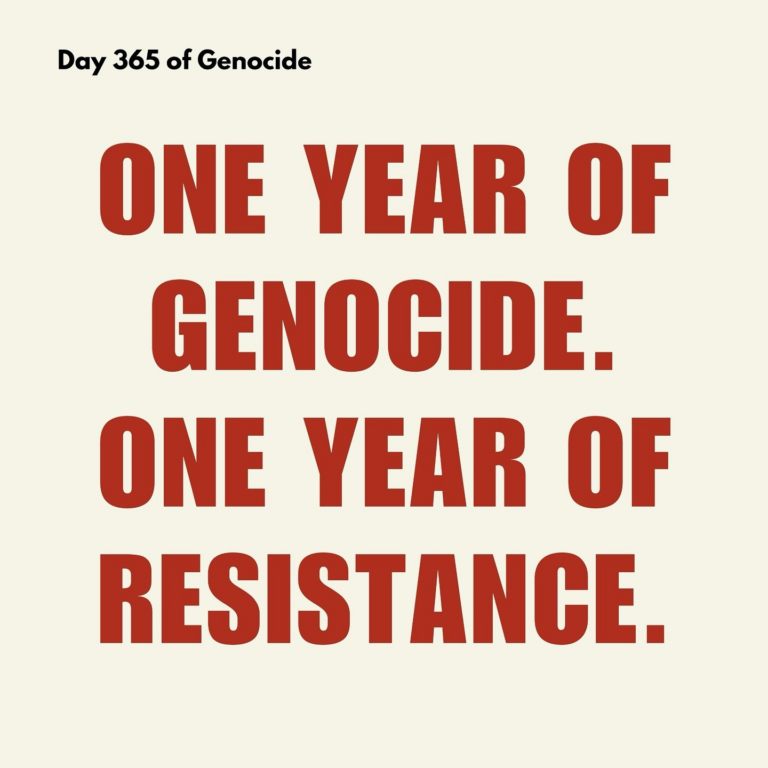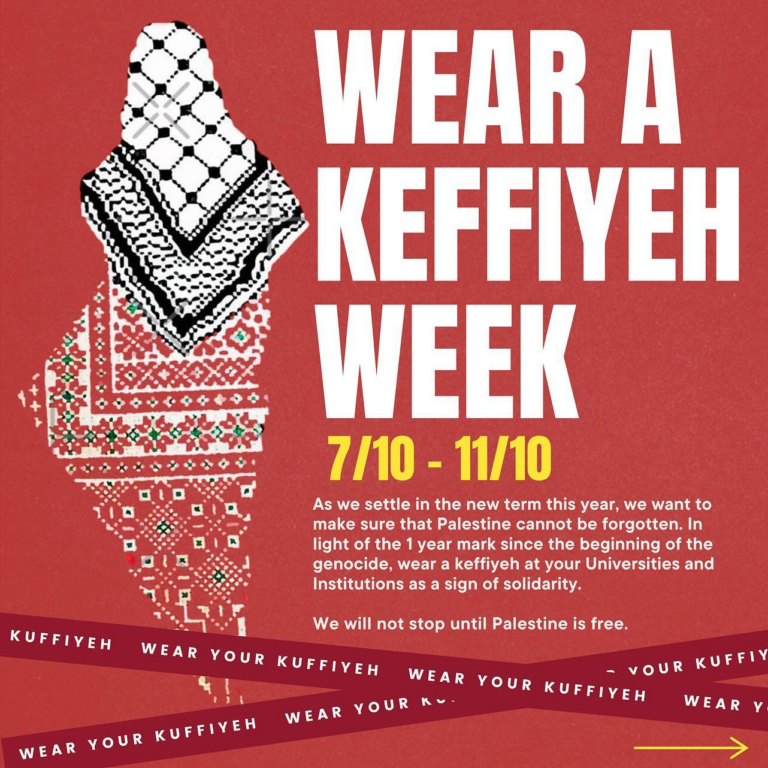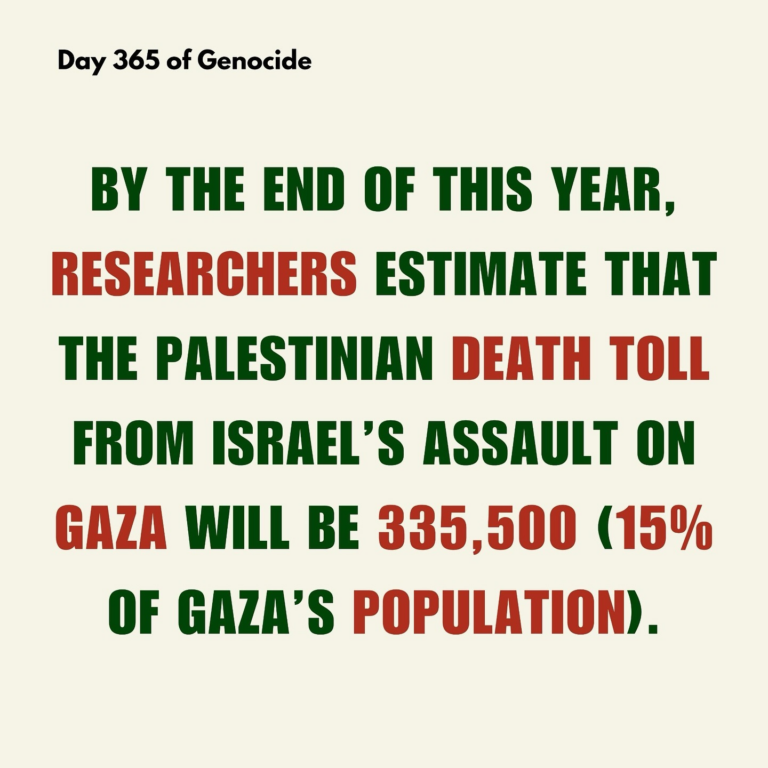Anti-Israel sentiment on UK university campuses is steadily growing, leading to a troubling trend of student radicalization. Pro-Palestinian student societies across the UK generally claim to promote social justice, but they often use emotionally charged messaging and historical distortions to manipulate impressionable new students into accepting radical narratives.
Having met many students who have never encountered a Jew or a Zionist, I’ve observed their unfamiliarity with our people and the situation in Israel.
These uninformed students are especially susceptible to narratives crafted by anti-Israel groups. Students eager to fit in are vulnerable to manipulation through misinformation and peer pressure. Early protests and statements by groups that hate Israel set the tone for the year. By appealing to students’ desires to belong, some pro-Palestinian groups create an environment where aligning with extreme anti-Israel and anti-Western views is marketed as normal.
One of the most concerning developments within student groups on campus is the glorification of violence; tragedies like October 7th are celebrated, while deaths of terrorists such as the Hamas leader Yahya Sinwar are mourned. These groups frame violent acts as noble, giving students the perception that such acts are part of a greater cause. The student body lacks the historical context needed to critically evaluate these messages, making the anti-Israel campaign particularly effective.
An example is the below Instagram post by Oxford Action for Palestine on October 7, 2024, proclaiming “One Year of Genocide. One Year of Resistance.”
This statement glorifies violence by framing Hamas atrocities as legitimate resistance, casting Israel as the aggressor while romanticizing terrorism against Israelis as justified, and portraying Israeli responses as unprovoked aggression. This simplifies the conflict into a false oppressor-oppressed narrative, making it easier for students to adopt a biased perspective. Through this approach, the conflict can be reduced to Jews in Israel being the bad guys and Palestinians always being the righteous victims.
Pro-Palestinian university societies systematically distort symbols, history, and information to shape student perceptions, aligning with their political agenda while excluding challenging viewpoints.
One such example is the “Wear a Keffiyeh Week” — which Palestine groups across the country promoted. Below is an example of the Kingston University Palestine Society posting about their participation on Instagram.
The keffiyeh, originally worn by Arab Bedouins as a protective covering and later popularized by terrorists such as Yasser Arafat as a symbol of Palestinian terror, carries specific historical and political connotations. The anti-Israel campaign encourages students to wear the keffiyeh as a symbol of solidarity with Palestinians in Gaza, overlooking its association with Palestinian nationalism and past violence.
By presenting the keffiyeh as trendy, these groups entice students to adopt it without understanding its implications. This effectively makes radical symbols part of campus culture and normalizes their use without changing the symbolism for Zionists and Jews who associate it with terrorism. While it’s hard to measure how effective the initiative truly was, many college societies across the country participated, adding to its visibility. This tactic taps into students’ natural desire to belong, fostering a collective mindset that pressures them into feeling they must support the movement to truly fit in.
Furthermore, false and exaggerated statistics are employed to provoke emotional responses, as seen in an Instagram post by Oxford Action for Palestine above, claiming that “the Palestinian death toll from Israel’s assault on Gaza will be 335,500” by the end of the year.
Such claims lack evidence and are misleading. This article shows the problems and manipulation of casualty numbers in Gaza, and how inaccurate the above claims are. This misrepresentation is clearly intended to provoke outrage and elicit an emotional reaction, steering uniformed students towards accepting an anti-Israel stance.
One now-removed Instagram post by KCL Students for Justice for Palestine further proves how distortion is used to manipulate. The post features a map that claims the entirety of Israel, including the Golan Heights, as supposedly “Palestine.” On the Golan Heights issue alone, this misleading portrayal ignores Syria’s claim to the Golan Heights as its own territory under supposed Israeli occupation. By labeling this area as Palestinian, these groups obscure the reality of the territorial dispute and imply that the Palestinian goal is more about claiming land and eliminating Israel than addressing alleged occupation. This contradictory messaging confuses students and oversimplifies complex issues, making it easier for them to adopt a one-sided perspective.
As some pro-Palestinian societies on UK campuses increasingly spread radical narratives, they risk creating an environment that glorifies violence and deepens divisions. These groups exploit new students’ desire to belong, manipulating context and distorting history. This approach not only influences impressionable students but also normalizes extreme perspectives in the name of social justice. Universities must prioritize promoting balanced discourse, countering misinformation, and fostering critical engagement to protect academic integrity and create a truly inclusive campus environment.
This article was originally published in the Algemeiner.




